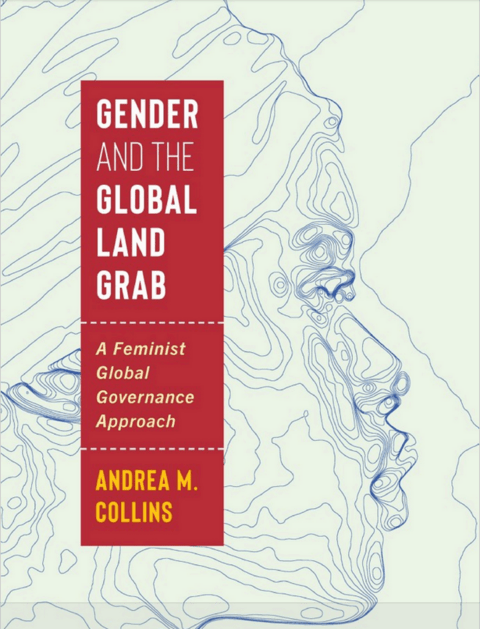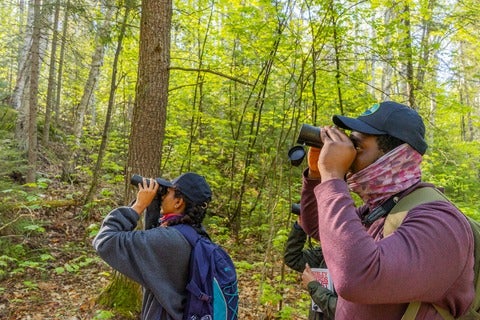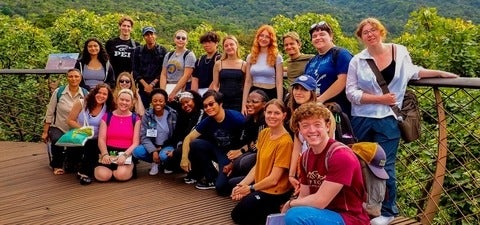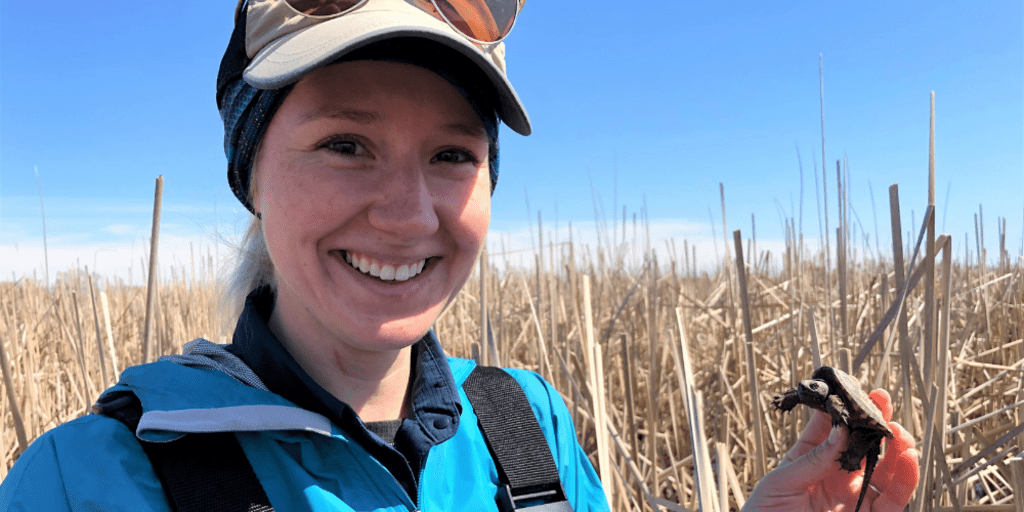Eloise Fan awarded Linda Carson Interdisciplinary Award for BES thesis
Eloise Fan was awarded the Linda Carson Memorial Interdisciplinary Award for her BES thesis entitled "Performing arts and climate change: Addressing climate anxiety with forum theatre."









